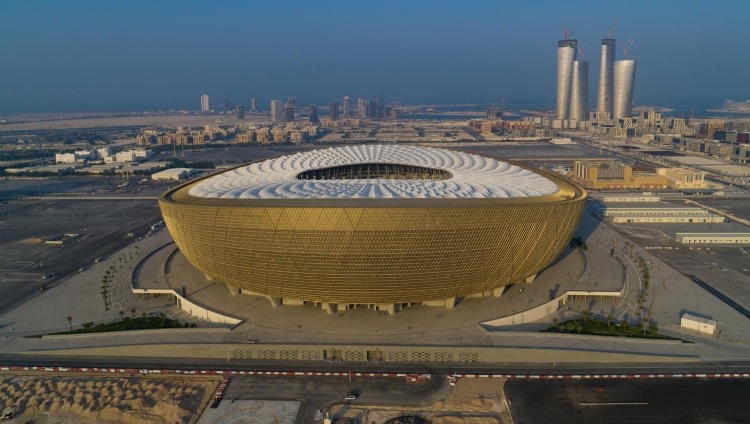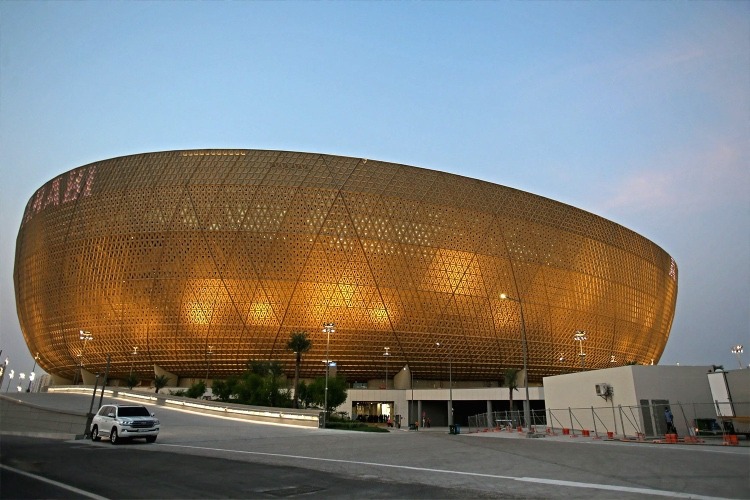After the World Cup in Qatar came to a conclusion, many people began to wonder how much money was spent on catering such an important event. According to Forbes, Qatar is thought to have spent up to $220 billion in the twelve years since being selected to host the World Cup in late 2010. This amount is more than 15 times what Russia spent on hosting the 2018 tournament. In light of this, let’s consider how Qatar might be utilizing the World Cup as a springboard to establish itself as a center for hosting major sporting events.
It is significant to note that Qatar’s plan for sports growth complements the four cornerstones of the Qatar National Vision 2030. Furthermore, organizing important competitions for professional sports directly supports the growth of the domestic sports sector. It is safe to say then that for the Qatari government, sports serve as more than just amusement; they are a crucial component of societal growth, and a way to protect and strengthen the state’s international position.
Undoubtedly, this is a long-term objective, but it will put the country in a position to host numerous renowned athletic events, similar to those hosted in other Arab countries. For example, the Asian Football Cup, which was moved from China due to COVID-19, will be held in Qatar in 2023.
Qatar will also hold the Asian Games in 2030 and Doha is set to be the fourth city to host the Asian Games twice, having previously hosted the 2006 Asian Games and will use again much of the infrastructure that was built for this event and also for the 2022 FIFA World Cup will be reused.

It’s also evident that the Qatari authorities plan to attract future sports international events. The country will also use the new infrastructure to justify bidding to host the 2030 Winter Olympics as well as major European finals in the future, such as in the Europa League or Champions League.
What can we learn from this?
What is certain is that Qatar made a really wise decision in how it staged this World Cup event. With their boundless resources and small population, which enables the nation to be able to welcome as many visitors from around the world as possible, they intended to make a statement that reverberated throughout the world: they are more capable of holding such a large event.
The funds that were invested will be employed once more to host occasions like the Asian Cup and even enable the nation to submit bids for hosting other events. Thus, by focusing on “Sports tourism,” which is travel that entails either witnessing or taking part in a sporting event while staying outside of the visitors’ typical environment, Qatar was given the opportunity to establish a new reputation that can revolutionize the nation.
It is clear that Qatar has undergone significant change as a result of the World Cup since it will now be able to host important sporting events in the future. For instance, the UAE has established itself as a major player by hosting a variety of prestigious international competitions, like the Abu Dhabi Grand Prix and the Racing World Cup in Dubai. Qatar on the other hand wants to dominate the sports industry and raise the bar for athletes and event producers both locally and globally.




